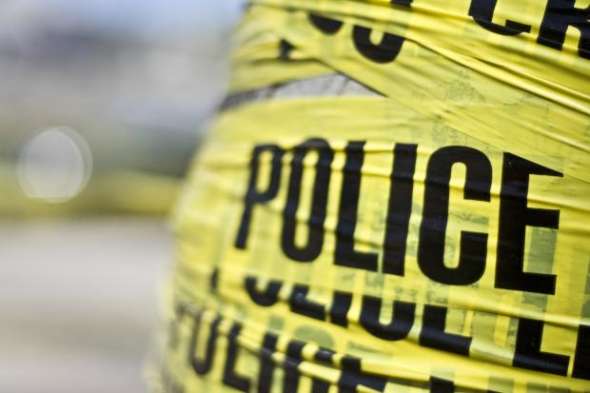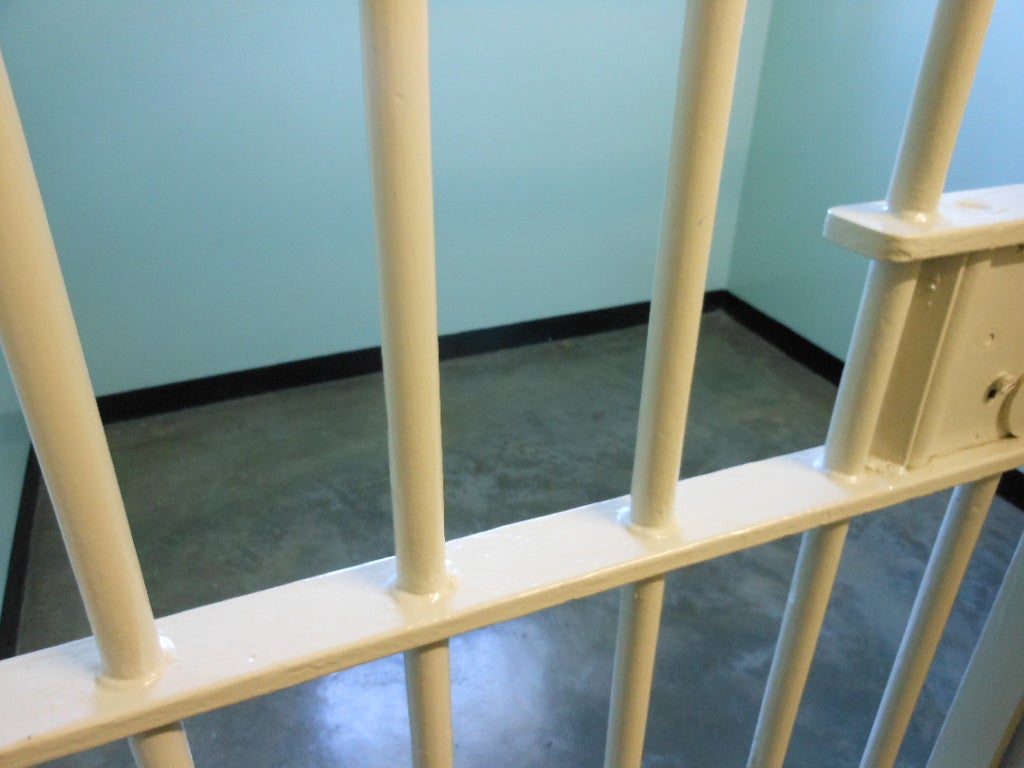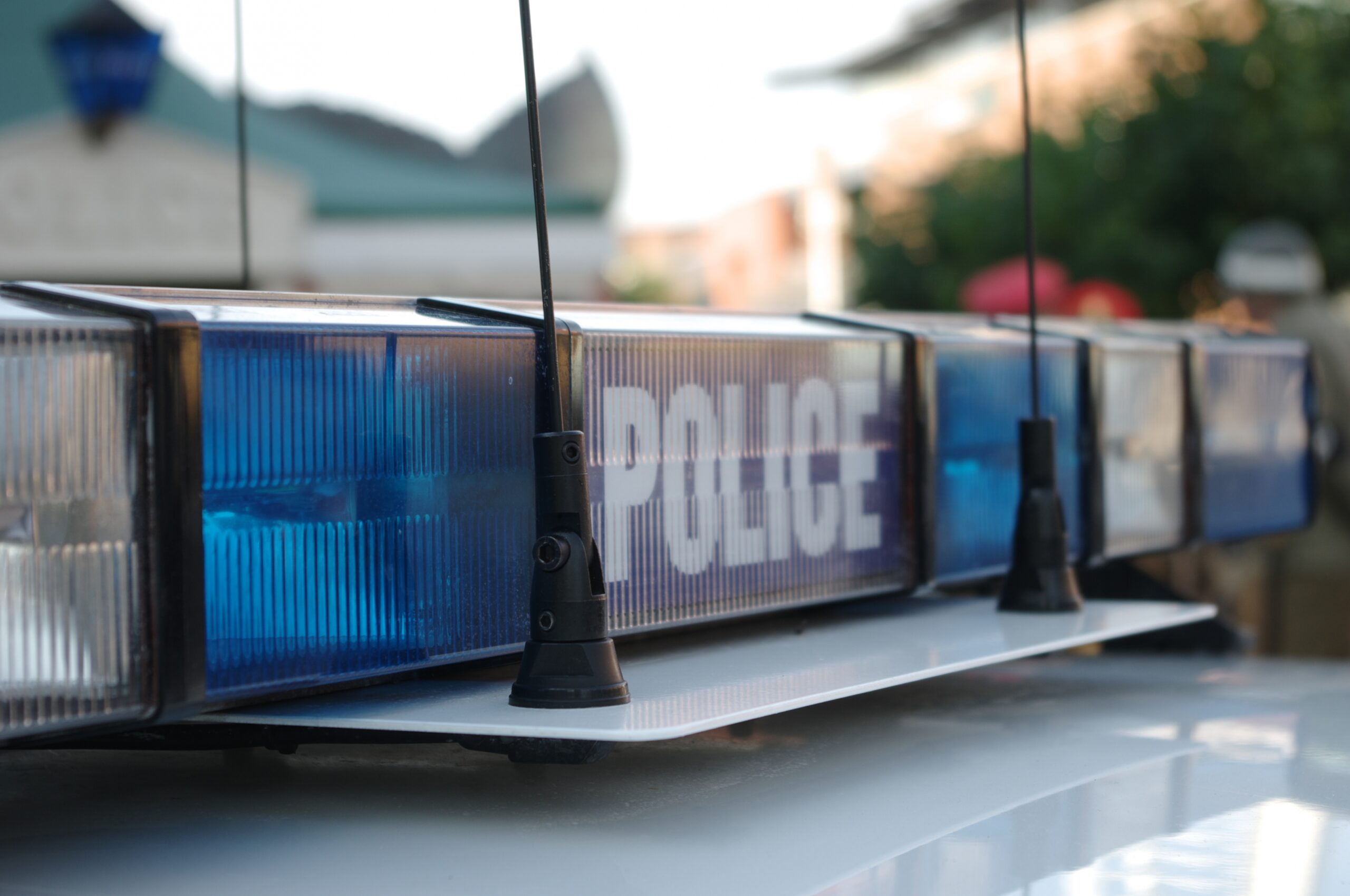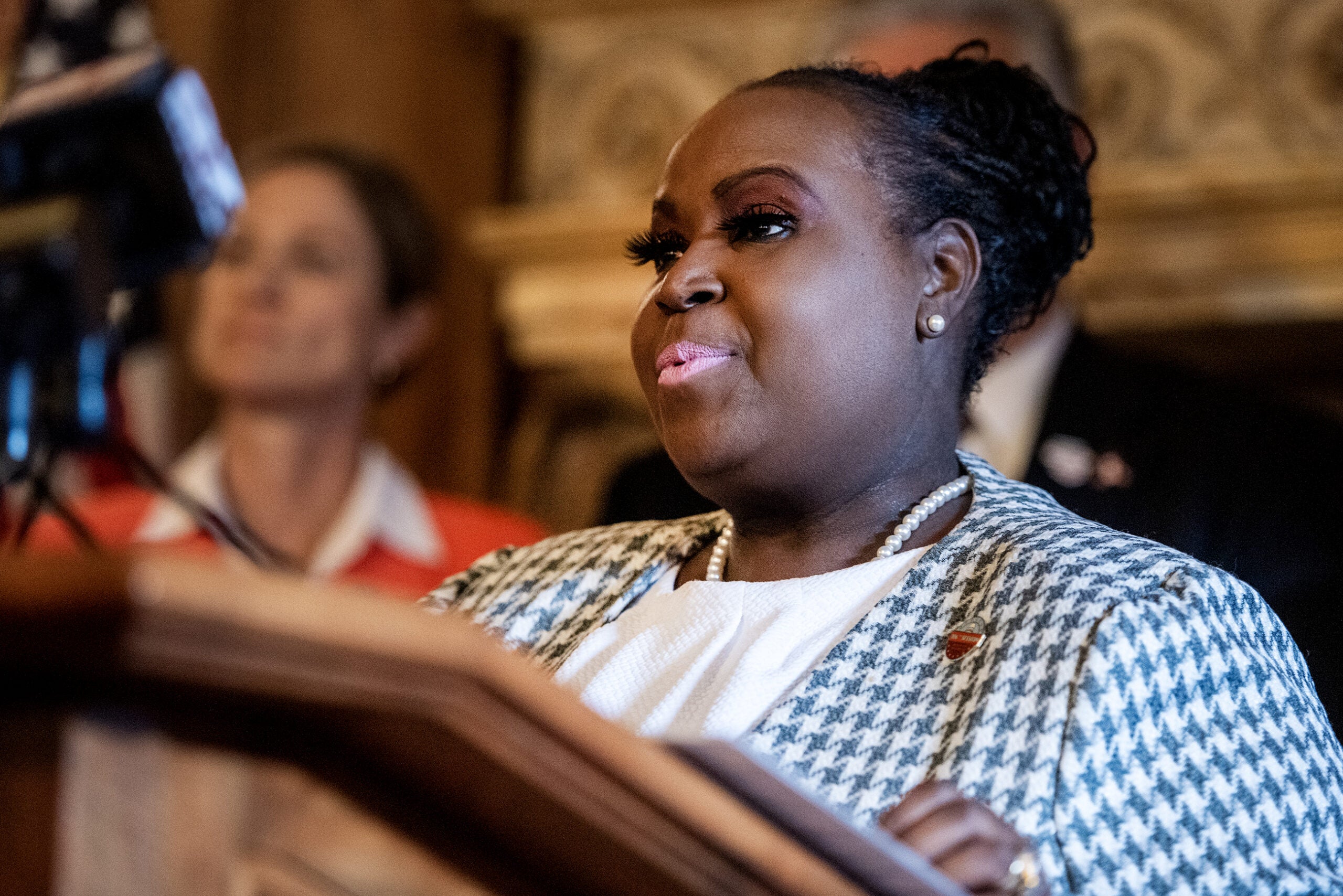Assembly lawmakers considered a proposal on Thursday that would study the use of no-knock search warrants in Wisconsin — a proposal opponents argue doesn’t go far enough to protect communities of color across the state.
No-knock warrants have come under scrutiny over the past year as activists have called for an overhaul of law enforcement policies that can harm or kill civilians. In one high-profile case, Breonna Taylor, a 26-year-old Black woman, was killed by officers who entered her Kentucky apartment last year serving a no-knock warrant.
Gov. Tony Evers and some Democratic lawmakers have called for banning no-knock warrants in Wisconsin. However, a bipartisan group tasked with proposing changes to Wisconsin laws on policing recommended last month that the use of such warrants in Wisconsin be studied more closely before they are limited or outlawed.
News with a little more humanity
WPR’s “Wisconsin Today” newsletter keeps you connected to the state you love without feeling overwhelmed. No paywall. No agenda. No corporate filter.
A bipartisan bill advancing a study of the warrants went before the Assembly’s criminal justice committee on Thursday. Under the proposal, the Department of Justice would be required to collect information from law enforcement agencies across the state and prepare an annual report on the use of no-knock warrants, including warrants that did not authorize an unannounced entry that used one.
Rep. Shelia Stubbs, D-Madison, who co-chaired the bipartisan task force, defended the proposal, telling lawmakers more information should be gathered before lawmakers move to restrict or ban the warrants.
“You cannot manage what you cannot measure,” Stubbs told the committee. “We felt we knew that communities of color was being over-policed, we felt that we were seeing more no-knock warrants being executed in our community, but we don’t have the data. We don’t have the proof.”
However, some of Stubbs’ fellow Democrats and a community member of the bipartisan task force pushed back.
ReBecca Burrell, founder of Revolution Ready, an advocacy group that has pushed for changes to policing in Wisconsin, said during public testimony that the task force favored law enforcement’s preferences for proposals over those from community members.
“I did not feel heard as a community member,” she said. “It was not necessary for me to show up at these meetings because law enforcement is who came up with these recommendations — and those who agree with law enforcement.”
Burrell, who was wearing a shirt with Breonna Taylor’s likeness on it at the hearing, said community members pushed for the task force to recommend limitations on no-knock warrants, including limiting their use to life-threatening situations, banning the use of flash bangs when no-knock warrants are served, and making sure officers have information about who else may be present at the warrant site, like children.
None of those recommendations were advanced.
“I do not feel like this was taken seriously,” Burrell said. “Data collection that should have already been collected did no justice for my community, and it is a slap in my face.”
Rep. David Bowen, D-Milwaukee, argued ending use of the warrants immediately could go hand-in-hand with data collection.
“What I’m saying is, why not make the decision that we stop no-knock warrants, then get the data and figure out if that’s the right way to move forward,” he said.
Meanwhile, a number of police groups, including the Wisconsin Professional Police Association, support the bill. They argue no-knock warrants are necessary to protect officers’ safety.
“We in law enforcement have to have a way to go after suspects who are engaged in very serious crimes and obtain evidence and keep ourselves safe, as well as the citizens in that immediate area,” said Patrick Mitchell, chief of police in West Allis.
Mitchell was also a member of the bipartisan task force.
The bill has yet to be voted on in an Assembly or Senate committee. If it is approved by the Republican-controlled state Legislature, Evers hasn’t indicated if he’ll sign or veto it.
Lawmakers also heard testimony Thursday on bills that would:
- Require the Office of School Safety in the Department of Justice to develop standards and approve a certified training program for school resource officers.
- Require prospective law enforcement officers to complete a psychological examination prior to employment as a law enforcement officer.
- Require officers to complete at least four hours of crisis management training every two years.
- Expands a grant program for collaborations between police departments and behavioral health service programs.
- Create a statewide requirement for drug testing officers involved in critical incidents.
- Require the state Department of Justice to administer a grant program for police departments to purchase body cameras and manage archival camera footage.
None of those bills have been approved by an Assembly or Senate committee either.
Wisconsin Public Radio, © Copyright 2025, Board of Regents of the University of Wisconsin System and Wisconsin Educational Communications Board.







